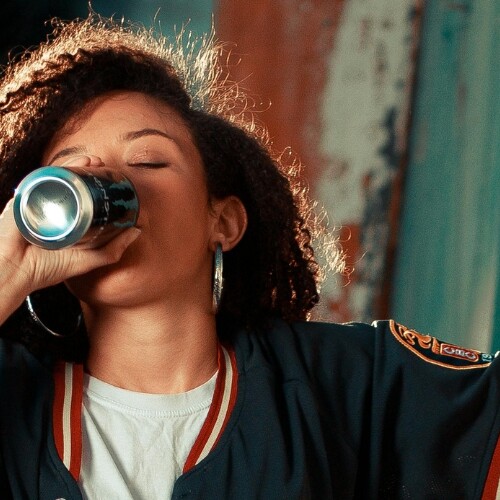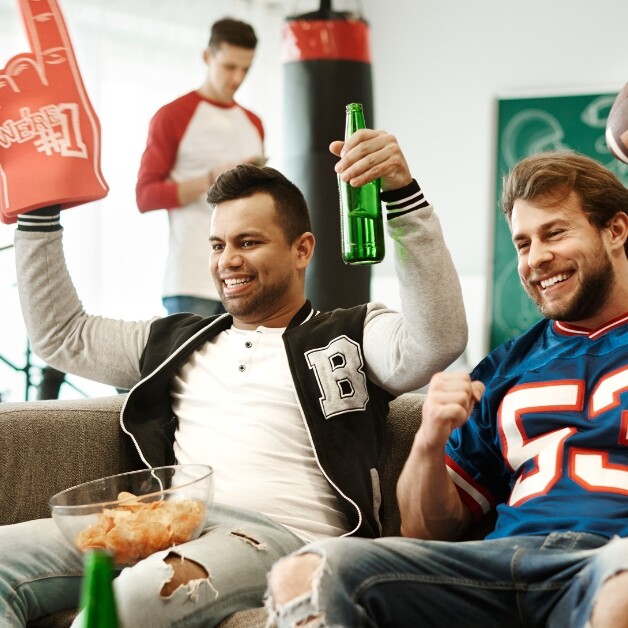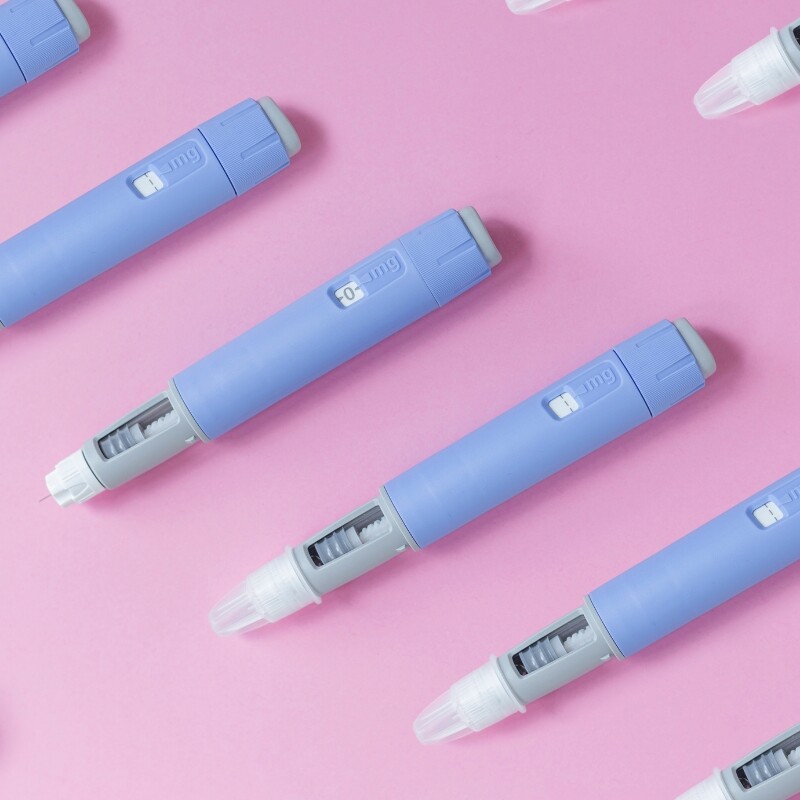In 2024, the beauty industry is undergoing a seismic shift, largely driven by the preferences and behaviors of Gen Z shoppers. Born between 1997 and 2012, this generation is not only digitally native but also highly values authenticity, inclusivity, and personalization. As they enter the workforce and accumulate buying power, their preferences are reshaping beauty brands and the shopping experience.
Here are some key trends that are dominating the Gen Z beauty shopping landscape:
1. Social Commerce & TikTok Influence
Gen Z is turning to TikTok, Instagram, and YouTube for beauty inspiration more than any other generation. Short-form videos showcasing real-life product reviews, tutorials, and transformations are critical to their decision-making process. TikTok, in particular, has revolutionized the beauty industry by making products go viral overnight, leading to sell-out stock in hours [1].
Platforms are also merging entertainment with shopping, allowing Gen Z to purchase directly from their social feeds. Influencer collaborations and brand partnerships with content creators are becoming an essential part of beauty marketing, with brands capitalizing on the authenticity and relatability of influencers [2].
2. Clean and Sustainable Beauty
Sustainability isn’t just a buzzword for Gen Z—it’s a priority. They are increasingly concerned about the environmental impact of their purchases, and as a result, beauty brands with a strong eco-friendly stance are thriving. Gen Z shoppers are looking for brands that embrace cruelty-free, vegan, and clean beauty standards [3]. Packaging is also a big consideration, with many gravitating towards minimalistic, refillable, or recycled options [4].
In response, we’re seeing a surge of clean beauty brands in the market, many of which highlight their ingredient transparency and environmental initiatives.
3. Gender-Inclusive and Diverse Offerings
Gen Z is rejecting traditional beauty norms that enforce gender stereotypes and lack inclusivity. This generation celebrates individuality and looks for brands that offer diverse shade ranges, gender-inclusive products, and campaigns that embrace all body types, skin tones, and identities [5].
Beauty brands that fail to be inclusive are losing favor, as Gen Z holds them accountable for their marketing, product lines, and representation. Conversely, brands that champion inclusivity, like Fenty Beauty and Glossier, are gaining loyal followers who see themselves reflected in the product offerings and brand messaging [6].
4. Personalized Beauty and Tech Integration
Technology is playing a big role in how Gen Z shops for beauty products. From AI-driven skin assessments to virtual try-ons, personalization is at the forefront of their shopping experience. Beauty brands like Sephora and Ulta are integrating AI into their apps, offering personalized recommendations and virtual makeovers that allow customers to try products without ever stepping into a store [7].
Moreover, data-driven insights are helping brands tailor their offerings to individual preferences, ensuring that Gen Z feels that their unique needs are being met.
5. Affordable Luxury
While Gen Z shoppers are highly conscious of their budget, they are also willing to spend on products that align with their values or make them feel unique. Affordable luxury brands that offer high-quality products at mid-tier prices are flourishing [8]. Brands like The Ordinary and E.L.F. have mastered the art of offering premium formulations at a fraction of the price, appealing to Gen Z’s desire for both value and efficacy [9].
Additionally, this generation is savvy when it comes to finding deals and discounts, often leveraging loyalty programs, limited-edition drops, and online sales to make their beauty hauls [10].
6. DIY Beauty and Customization
The rise of DIY beauty is another major trend among Gen Z consumers. From skincare concoctions to homemade haircare treatments, they’re embracing at-home beauty solutions. This trend is driven by their desire to experiment, as well as their preference for customized, one-of-a-kind products [11].
Beauty subscription boxes, which offer customizable options based on personal preferences, have also become popular among this generation [12]. These subscription services allow Gen Z to discover new products without the commitment, further feeding their appetite for experimentation.
The Future of Beauty is Gen Z
Beauty brands that wish to thrive in the coming years need to be highly attuned to the values and preferences of Gen Z. Authenticity, inclusivity, sustainability, and tech-driven personalization will continue to dominate the conversation. By understanding these key trends and integrating them into their strategy, beauty companies can capture the hearts—and wallets—of the most influential generation today.
The future of beauty is being shaped by Gen Z’s unique approach to self-expression and their desire for a more inclusive, sustainable, and personalized beauty industry. Brands that listen closely to these consumers and reflect their values will be the ones to win their loyalty.
Want to Learn More?
Are you ready to stay ahead of the trends? At Insights in Marketing, we specialize in uncovering the consumer insights that drive brand success. Contact us today to learn how we can help your beauty brand connect with Gen Z and build lasting loyalty in this rapidly evolving industry.
Endnotes:
- WGSN: Gen Z and TikTok’s Influence on Beauty
- Glossy: How TikTok’s Algorithm Drives Beauty Trends
- Business of Fashion: The Power of Social Commerce in Beauty
- Vogue Business: Why Gen Z is Leading the Sustainability Charge
- Allure: Gen Z and Gender-Inclusive Beauty Products
- Refinery29: Fenty’s Approach to Inclusive Beauty
- Retail Dive: AI in Beauty: Personalized Shopping Experiences
- Elle: Affordable Luxury is What Gen Z Wants
- The Ordinary: The Brand that Changed Affordable Skincare
- Glamour: Why Gen Z Loves Luxury Discounts
- Harper’s Bazaar: DIY Beauty is Booming Among Gen Z
- Forbes: The Rise of Beauty Subscription Boxes
Share this article:
Related Resources
CPG in 2025: The Flavorful, Functional & Fan-Driven Future of Consumer Goods
The Consumer Packaged Goods (CPG) industry is undergoing a massive transformation, shaped by evolving consumer…
Sip, Sip, Hooray!
Sip, Sip, Hooray! The RTD Cocktail Craze and the Mocktail MovementThere’s something special about a perfectly…
From Idea to Icon: The Life Cycle of a Super Bowl Ad
From Idea to Icon: The Life Cycle of a Super Bowl AdA…
Seizing Business Opportunities in the GLP Era
While GLP medications disrupt traditional health and wellness models, they also present unique opportunities for…



